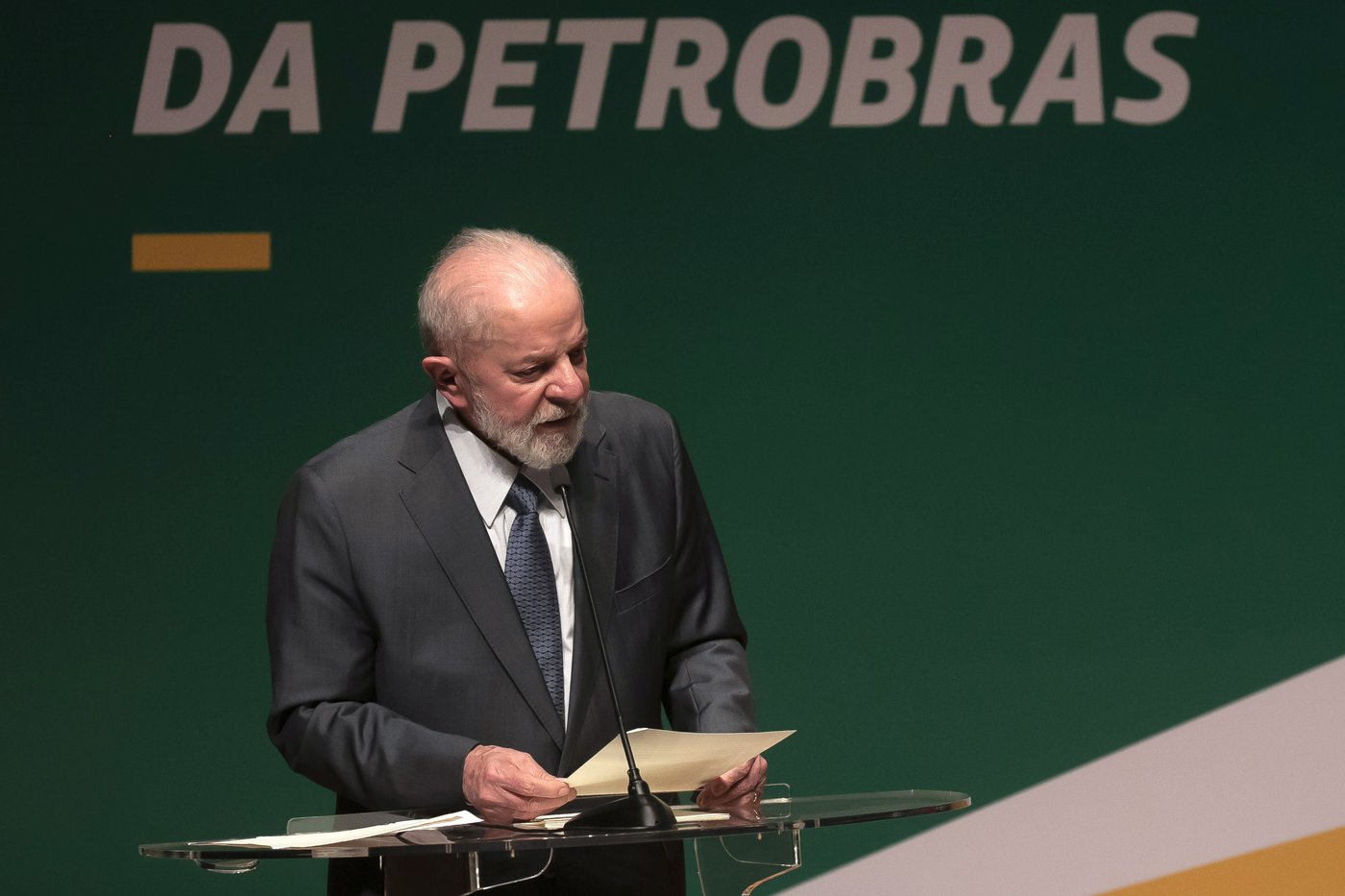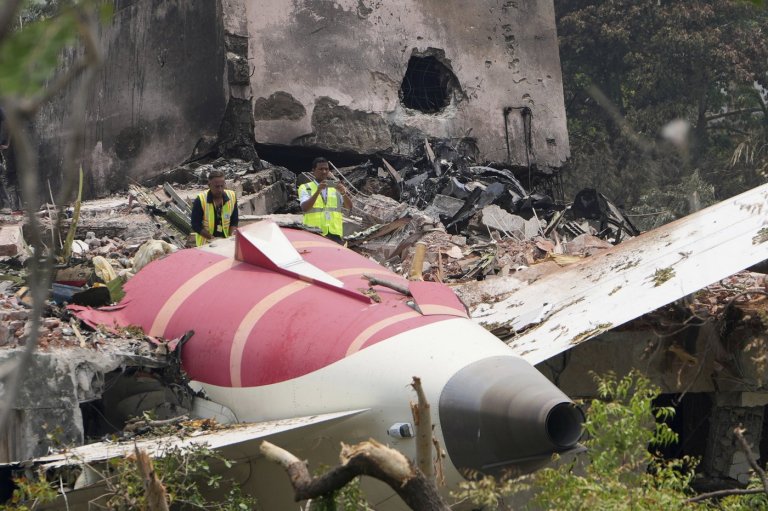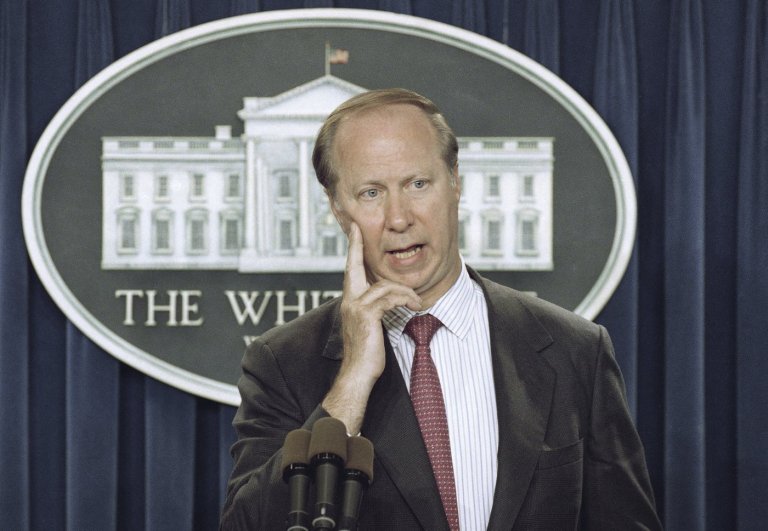
Brazil’s Lula backs oil exploration in the Amazon ahead of hosting UN climate talks
BRASILIA, Brazil (AP) — Brazil´s President Luiz Inácio Lula da Silva is pressing the country’s environmental regulator to approve exploratory drilling near the mouth of the Amazon River, defending the push by saying new oil revenues could finance a transition to green energies.
The offshore site, Bloc 59, is located in the Equatorial Margin, about 160 kilometers (99 miles) off Brazil’s eastern coast. In May 2023, Ibama, the environmental regulator, rejected a license, citing issues such as a weak wildlife protection plan in the event of an oil spill that could affect one of the world’s most biodiverse regions. State-owned oil company Petrobras appealed and a decision is pending.
“I want it (oil) to be explored. But before exploring, we need to research and see if there is oil and how much oil there is,” Lula said Wednesday during an interview with radio station Diario. “What we can’t do is stay in this endless chatter that drags and drags—Ibama is a government agency, but it seems like it’s working against the government.”
Offshore drilling near the Amazon would certainly draw scrutiny to Brazil, which is hosting the next United Nations climate summit, COP30. It’s scheduled to take place in November in Belem, a port city located near the mouth of the Amazon, a few hundred miles from Bloc 59. A central push of the annual climate talks has been to reduce the use of fossil fuels such as oil, which when burned released greenhouse gas that heat up the planet.
In an attempt to reconcile both agendas, Lula said that the oil money would be used to finance clean energy projects. Brazil is a major oil-producing country, with an output roughly as big as Iraq, and is increasingly an exporter. On the other hand, about 90% of its electricity comes from renewable sources, primarily hydropower, according to government figures.

“We will follow all the necessary procedures to ensure no harm to nature, but we can’t ignore the wealth beneath us and choose not to explore it—especially because this wealth will provide the funds for the much-needed and long-awaited energy transition,” he said.
Exploring for new sources of oil near the Amazon just ahead COP30 will harm Brazil’s image as a climate leader, said Marcio Astrini, executive secretary of the Climate Observatory, a network of 133 environmental, civil society and academic groups.
“President Lula often says that Brazil should lead by example,” he told The Associated Press. “Exploring more oil is not a model action in the climate agenda.”
___
The Associated Press’ climate and environmental coverage receives financial support from multiple private foundations. AP is solely responsible for all content. Find AP’s standards for working with philanthropies, a list of supporters and funded coverage areas at AP.org.
Join the Conversation!
Want to share your thoughts, add context, or connect with others in your community? Create a free account to comment on stories, ask questions, and join meaningful discussions on our new site.










Leave a Reply
You must be logged in to post a comment.